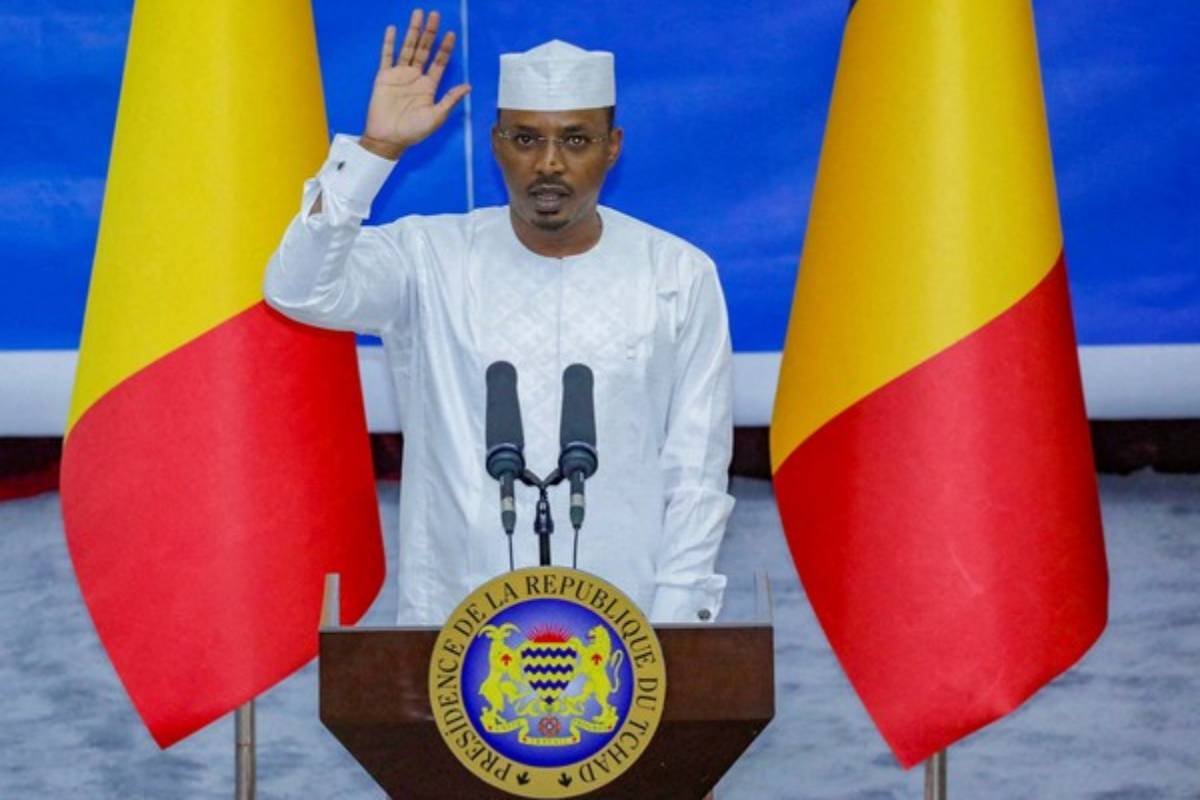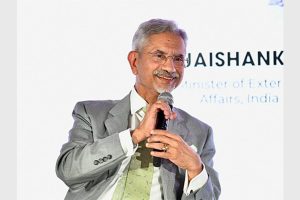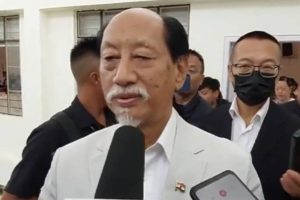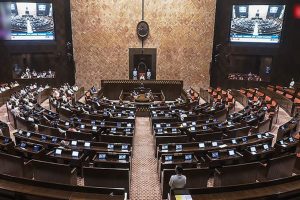Chad’s ruling Patriotic Salvation Movement (MPS), led by President Mahamat Idriss Deby, secured a majority in the country’s December parliamentary elections, Al Jazeera reported on Sunday.
Provisional results, announced on Saturday by Electoral Commission Chief Ahmed Bartchiret, revealed that the MPS won 124 of the 188 seats in the National Assembly. The elections marked Chad’s first parliamentary vote in over a decade.
The elections were largely boycotted by opposition parties, including the prominent Transformers party, which criticized the process as illegitimate. Opposition groups highlighted the voter turnout of 51.56% as a reflection of public skepticism about the election’s credibility.
Calling the elections a “charade,” opposition leaders expressed concerns that the process would replicate the disputed presidential election of 2021, which saw President Deby rise to power after the death of his father, Idriss Deby Itno, who had ruled for three decades.
President Deby’s administration presented the election as a milestone in Chad’s democratic transition, following his assumption of power in 2021. The elections also included municipal and regional votes, part of a broader effort to consolidate political institutions after years of delays.
The elections occurred against a backdrop of significant security challenges, including ongoing threats from the militant group Boko Haram in the Lake Chad region. Recently, Chad severed military ties with France, aligning itself more closely with Russia, in a move consistent with a trend among other West and Central African nations.
Adding to the country’s instability, security forces this week thwarted an alleged attack on the presidency, which the government described as an “attempt to destabilize.”
As Chad navigates its political transition, these developments underscore the nation’s ongoing struggles with governance, legitimacy, and security concerns.





